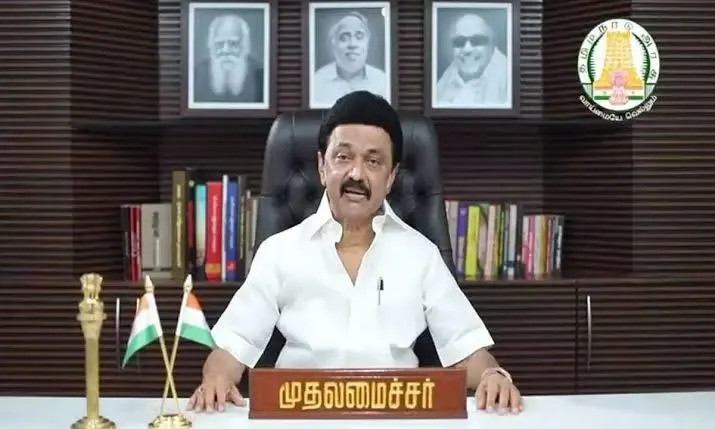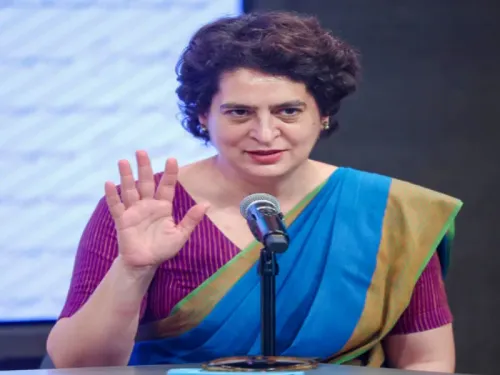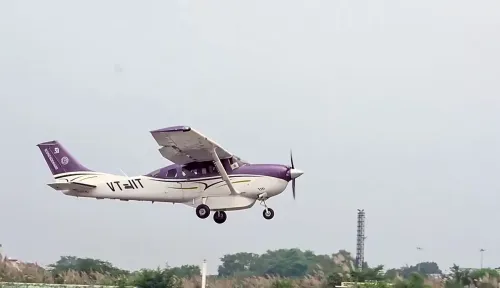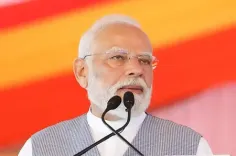Is Tamil Nadu Ready for the Monsoon? Stalin Reviews Mettur Dam Water Release Plans

Synopsis
Key Takeaways
- Mettur dam water release scheduled for June 12.
- Preparations for Kuruvai cultivation are underway.
- Importance of reaching tail-end regions in the Cauvery delta.
- Proactive disaster preparedness measures are being implemented.
- Coordination among departments is essential for safety.
Chennai, May 19 (NationPress) As the Southwest monsoon approaches, Tamil Nadu’s Chief Minister M.K. Stalin convened a crucial review meeting at the Secretariat to evaluate the state's readiness and finalize plans for the water release from the Mettur dam on June 12, aimed at bolstering Kuruvai cultivation.
During the session, Stalin announced that the Mettur dam's water level was recorded at 108.33 feet with 76.06 tmcft of storage as of May 17, ensuring ample supply for the traditional release. He underscored the necessity of ensuring water access to the tail-end areas of the Cauvery delta to support all farmers.
The Chief Minister highlighted the Agriculture Department's initiation of preparations for the Kar, Kuruvai, and Sornavari crops. He urged officials to accelerate desilting efforts to improve water flow and eliminate blockages in irrigation channels.
Anticipating an increase in Kuruvai yield owing to timely water release and favorable monsoon conditions, he directed the Agriculture Department to guarantee the prompt availability of essential farming inputs, including seeds, fertilizers, and pesticides.
While the India Meteorological Department forecasts normal rainfall, he warned that specific districts, particularly hilly areas like the Nilgiris, may experience flash floods and landslides. He called on officials to stay alert and implement proactive measures for disaster preparedness.
Stalin emphasized the necessity for continuous operation of monitoring and control centers, reliable communication systems, uninterrupted power and drinking water supply, and the readiness of relief shelters and emergency response teams. Ensuring road safety and protecting public infrastructure were also crucial points raised.
"All departments must collaborate to minimize risks to lives and infrastructure," he stated.
"Proactive planning and preparation beyond routine efforts will help us effectively manage any challenges that arise."
The Chief Minister further instructed officials to secure agricultural produce in warehouses, monitor reservoir levels, and expedite the completion of pending civic infrastructure projects.
Ministers including Duraimurugan, Udhayanidhi Stalin, K.N. Nehru, E.V. Velu, M.R.K. Panneerselvam, K.K.S.S.R. Ramachandran, Anitha R. Radhakrishnan, S.S. Sivasankar, and P.K. Sekarbabu, along with Chief Secretary N. Muruganandam and senior officials, participated in the meeting.









